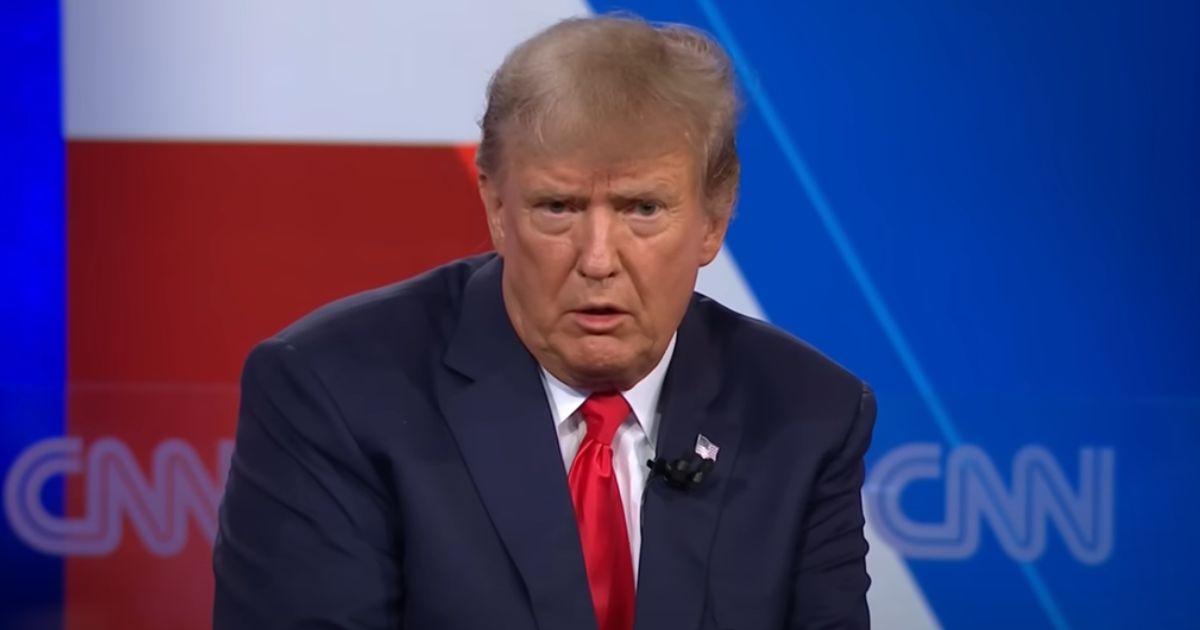Accelerating Citizenship: A Shift in the U.S. Electorate Ahead of Elections
The United States is witnessing its fastest citizenship approval rate in over a decade.
According to Breitbart News, the efficiency boost in processing citizenship requests just before an upcoming election could significantly alter voter demographics.
Amidst a crucial time less than two months before the fiscal year closes, the U.S. federal government has tackled old backlogs and overturned restrictive policies from the past administration. These changes, spearheaded by the Biden-Harris leadership, have propelled the naturalization process to speeds not seen since around 2013 and 2014.
The increased pace in citizenship approvals is a direct result of President Joe Biden's executive order in 2021, right after taking office. This order aimed to dismantle the stringent immigration restrictions set during Donald Trump’s presidency and included several measures to “restore faith” in America's legal immigration processes.
One of Biden’s substantive changes was the simplification of the naturalization application form from 20 pages down to 14 and raising the application fee slightly, from $640 to $710, albeit with considerations for low-income applicants to receive discounts.
Implications of Increased Naturalization Rates
According to a report released on a recent Tuesday, the backlog clearance and policy reversals are part of a broader effort to streamline immigration procedures that had been heavily impacted during the coronavirus pandemic.
This initiative reflects a significant shift in administrative priorities after a period of tightened controls under Trump.
Such measures are particularly pivotal as they come when naturalization ceremonies traditionally increase. Over 3.3 million immigrants attained U.S. citizenship during Biden's tenure, which enriches the cultural mosaic and introduces new potential voters into the electorate.
Xiao Wang, an analyst, remarked on the phenomenon, stating, "The surge in naturalization efficiency isn’t just about clearing backlogs; it’s potentially reshaping the electorate, merely months before a pivotal election."
Strategic Shifts in Immigration Policy Under Biden
Citizenship is more than a ceremonial passage; it carries weight in the political balance of the country, particularly visible in election outcomes. "Every citizenship application could be a vote that decides Senate seats or even the presidency," explained Wang, highlighting the stakes involved.
Political analysts suggest that the swell in new citizens could sway outcomes in tightly contested areas, making naturalization rates a focal point of both political strategy and civic discussion.
This policy shift not only aims to make citizenship more accessible but reflects a broader ideological shift towards inclusivity and a streamlined bureaucracy that emphasizes human dignity and the value of each applicant's journey.
Reflecting on the Broader Socio-Political Impact
The immediate effects of these changes are evident in the enhanced throughput of citizenship applications, previously bogged down by both bureaucratic slowdowns and global health crises.
This adjustment not only aids those aiming for new opportunities in the U.S. but also reinstates the U.S. as a beacon of hope for many across the globe.
Furthermore, this push reflects an administration’s responsiveness to global events like the pandemic, which necessitated significant adjustments to manage unexpected surges in various administrative processes.
With national elections looming, the citizenship rush has added layers to the existing socio-political dynamics, presenting both challenges and opportunities to the current administration.
Conclusion
The acceleration of citizenship approvals under the Biden-Harris administration marks a significant phase in U.S. immigration policy. By reducing application complexities and fees for some applicants, the administration has effectively widened the gateway for many seeking the American dream.
This broadened electorate base could indeed reshape the political landscape, underscoring the interconnectedness of immigration policy and electoral outcomes. The next few months could very well testify to the impact of these policy shifts as the U.S. steers towards its next major electoral milestones.





